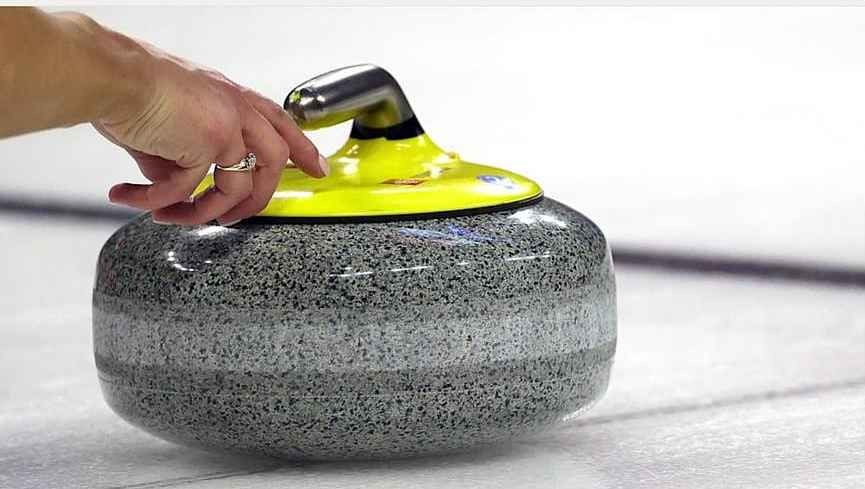






See listing of Recent and Most Popular articles on the Home Page
Health & Wellness
Category: Health & Wellness / Topics: Advice, Guidance & Mentoring • Leisure • Optimal Aging • Wellness
Keep Walking!
Posted: April 19, 2024
What happens to your body when you walk 10,000 steps every single day?…
Exercise should be a key element in any wellness routine—but unfortunately, not everyone has the time to pull away from their desks, let alone complete a 60-minute sweat sesh three times a week. But if there’s one thing anyone can more easily incorporate into a busy schedule, it’s walking 10,000 steps per day.
You’ve surely heard this recommendation before, but you might be wondering where that number even came from. According to a new study that was published in the Journal of the American Medical Association, it was derived from a Japanese marketing strategy. “In 1965, a Japanese company was selling pedometers, and it gave it a name that, in Japanese, means ‘the 10,000-step meter,’” lead researcher I-Min Lee told The Atlantic.
While the Centers for Disease Control doesn’t specifically recommend this exact number of steps per day, it does suggest getting at least 30 daily minutes of moderate physical activity and refraining from being sedentary. While there might not be a magic number to help up your fitness game, 10,000 steps is a great goal to have if you want to be more mindful of your health. So what really happens when you walk those steps?
After One Day
If you don’t normally consider yourself an active person,Darria Long— an ER physician, clinical professor at the University of Tennessee College of Medicine, and author of the national best-selling book Mom Hacks—says that walking 10,000 steps after one day “will help you fall asleep a lot faster than you normally would that evening. You may even notice that [your muscles are] a little bit sore when you wake up the next morning.”
While you may want to jump the gun and hit your daily goal on the first day, John M. Giurini, DPM, chief of the Division of Podiatric Surgery at Boston’s Beth Israel Deaconess Medical Center, recommends gradually leaning into this new activity and wearing proper running- or jogging-style shoes to provide better support for your feet.
After One Week
“When you increase your physical activity for a week, it creates a cascade of beneficial hormones that not only help you lose weight, but also send blood flow to your brain and major organs,” says Long. Basically, the combination of being more active and sleeping better will improve your memory and make you feel more alert and focused. However, this also depends on the time of day you decide to take a walk. Long says that if you do it during the afternoon, you may find yourself having more energy during your normal 2 p.m. slump.
Read the rest of the article to see what happens after One Month and Six Months...
Search all articles by Raven Isjak
Posted: April 19, 2024 Accessed 772 times
![]() Go to the list of most recent Health & Wellness Articles
Go to the list of most recent Health & Wellness Articles
![]() Search Health & Wellness (You can expand the search to the entire site)
Search Health & Wellness (You can expand the search to the entire site)
![]() Go to the list of Most Recent and Most Popular Articles across the site (Home Page)
Go to the list of Most Recent and Most Popular Articles across the site (Home Page)
 Loading requested view...
Loading requested view...